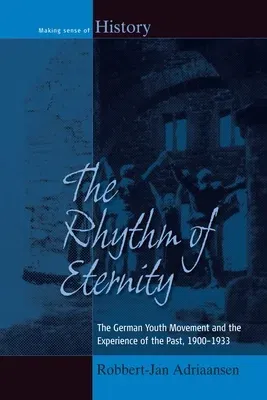Robbert-Jan Adriaansen
(Author)The Rhythm of Eternity: The German Youth Movement and the Experience of the Past, 1900-1933Paperback, 1 July 2020

Qty
1
Turbo
Ships in 2 - 3 days
In Stock
Free Delivery
Cash on Delivery
15 Days
Free Returns
Secure Checkout

Part of Series
Making Sense of History
Part of Series
Making Sense of History, 22
Print Length
228 pages
Language
English
Publisher
Berghahn Books
Date Published
1 Jul 2020
ISBN-10
1789208505
ISBN-13
9781789208504
Description
Product Details
Author:
Book Format:
Paperback
Country of Origin:
US
Date Published:
1 July 2020
Dimensions:
22.86 x
15.24 x
1.22 cm
ISBN-10:
1789208505
ISBN-13:
9781789208504
Language:
English
Location:
New York, NY
Pages:
228
Publisher:
Weight:
308.44 gm